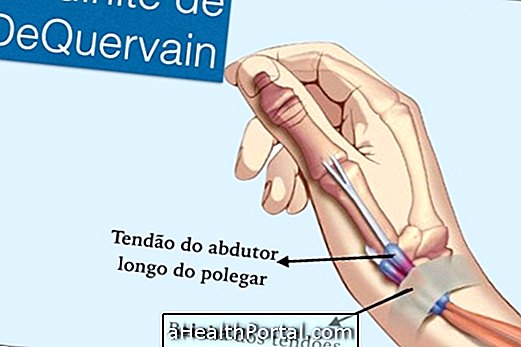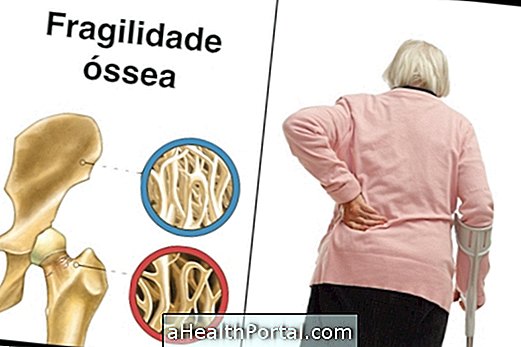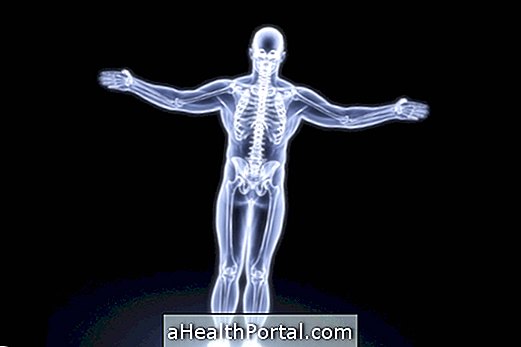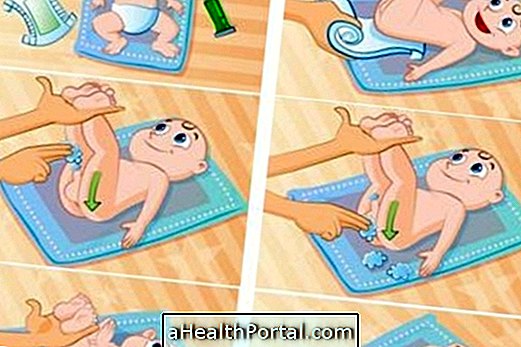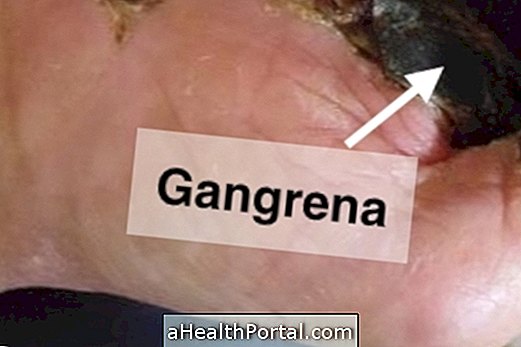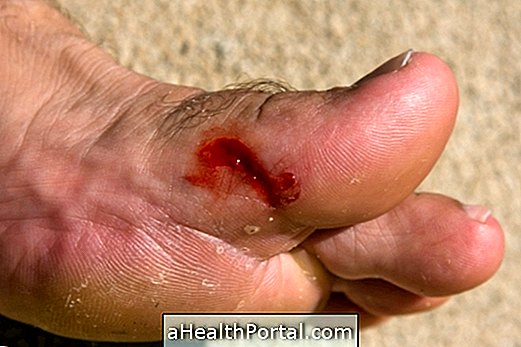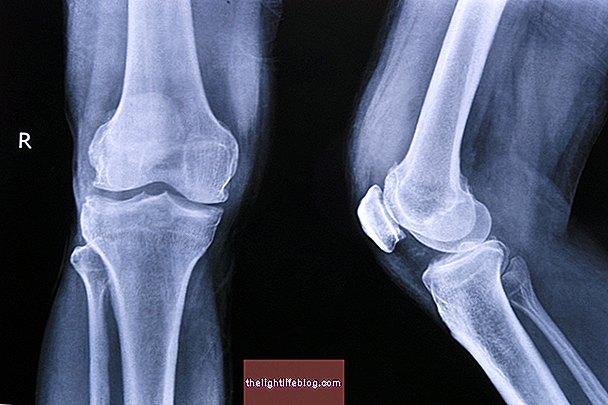The consequences of a head injury are quite variable, and there may be a full recovery, or even death. Some examples of consequences of a head injury are:
- with the;
- loss of vision;
- convulsions;
- epilepsy;
- mental disability;
- loss of memory;
- behavioral changes;
- loss of mobility and / or
- loss of limb movement.
The severity of the consequences of this type of trauma will depend on the location of the affected brain, the extent of the brain injury and also the age of the patient.
Many brain functions are performed by more than one area, and in some cases the intact areas of the brain assume the functions lost due to the injury in another area, allowing a partial recovery of the individual. But some functions such as vision and motor control, for example, are controlled by very specific regions of the brain and if severely damaged can lead to permanent loss of function.

What is a head injury?
Cranial trauma is characterized by any blow to the head and can be classified as mild, severe, grade I, II or III, open or closed.
Common causes of head injury are car accidents, road accidents, falls, cranial piercing and during sports, such as football matches.
Symptoms of Head Injury
The symptoms of head trauma are:
- loss of consciousness / fainting;
- severe headache;
- bleeding in the head, mouth, nose or ear;
- decreased muscle strength;
- somnolence;
- difficulty speaking;
- changes in vision and hearing;
- loss of memory;
- with the.
These symptoms may take up to 24 hours to appear and therefore, whenever an individual hits their head strongly on something, or someone, it should be closely observed within this period, preferably in a hospital.
Here's what to do if this happens:

Treatment for head trauma
The treatment for head trauma varies according to the severity of the case. Mild cases should remain under hospital observation for up to 24 hours. Individuals in a more serious condition should stay hospitalized for a longer time, so they will receive all the necessary care for their recovery.
Medications for pain and circulation should be administered, as well as diuretics and correct placement in the hospital bed. It may be necessary to perform surgeries to the face and head.
